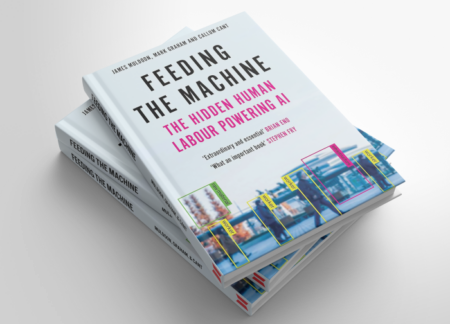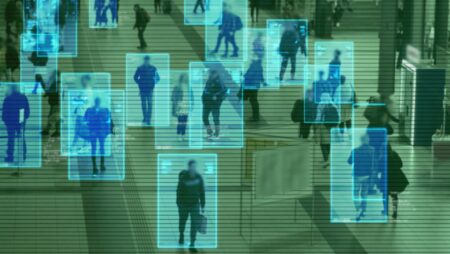About
Callum Cant is a postdoctoral researcher on the Global Partnership for AI’s ‘Fair Work for AI’ project focusing on regulatory frameworks for AI in the workplace.
His first book, Riding for Deliveroo, is an investigation of class conflict in platform capitalism. He completed his PhD, titled ‘“We are a service class”: a workers’ inquiry into the class composition of service commodity production during the unreal interregnum’, at the University of West London in 2020.
After completing his PhD, Callum worked as head of communications at Momentum before returning to research. He lives in London, and in his spare time he goes on long runs.
Research Interests
Artificial intelligence, platform capitalism, algorithmic management, workers’ inquiry, class composition, trade unions, industrial relations





